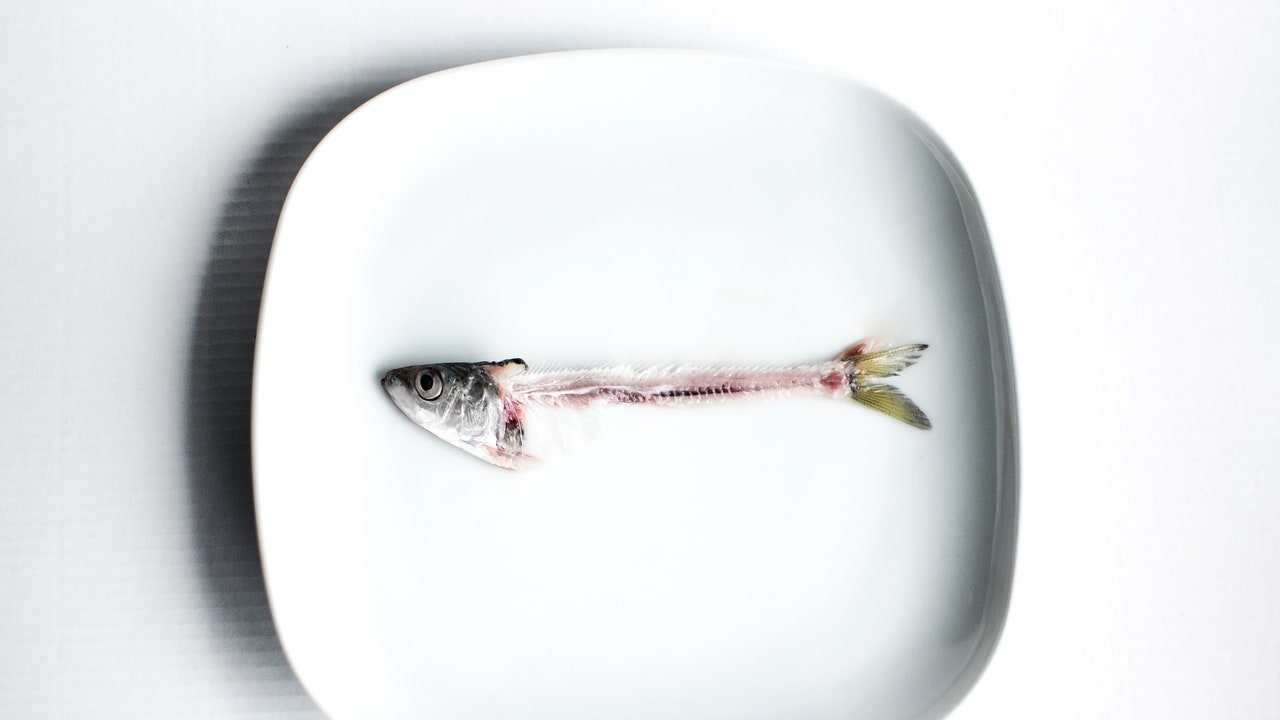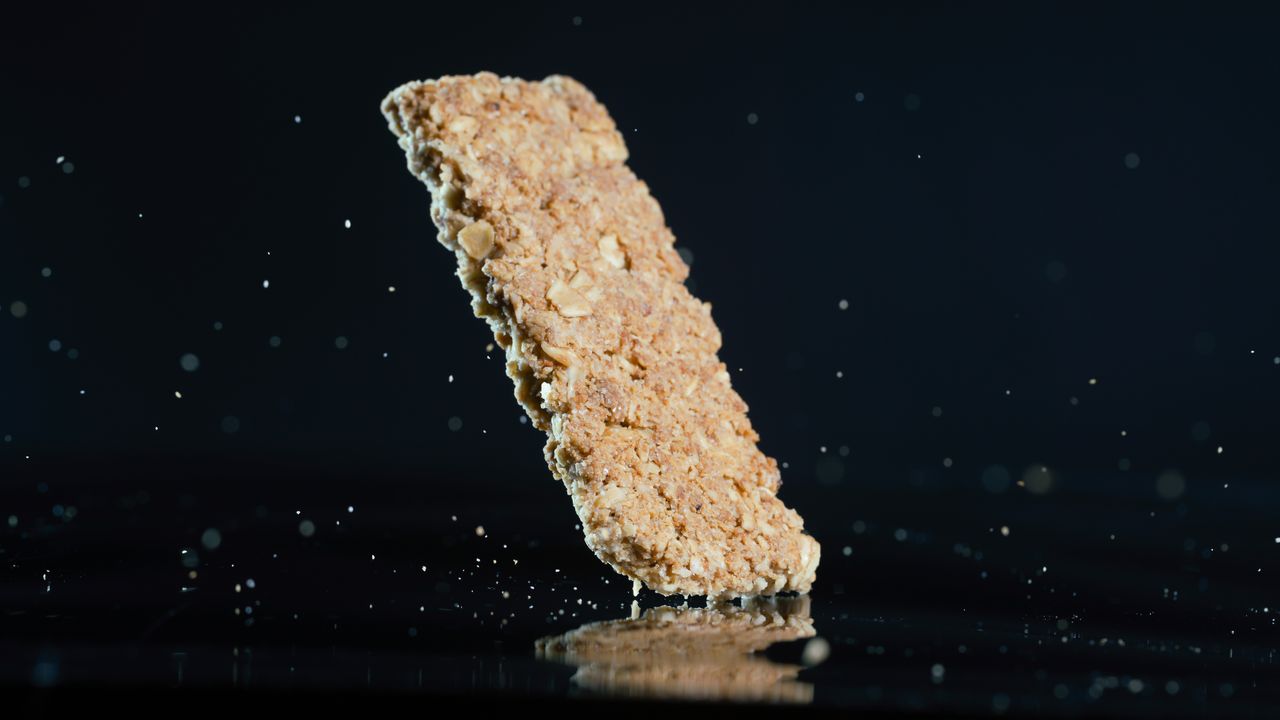
Furthermore, marine collagen is “composed almost entirely of type I collagen, the most abundant form in the human body and a critical structural element in skin, tendons, ligaments, cartilage, and bone,” notes Dr. Nima Alamdari, chief scientific officer of Ritual, who also notes that type 1 collagen is also found in muscle, “where it helps transmit force through connective tissues that link muscle fibers to tendons.”
Bovine collagen, on the other hand, typically contains types I and III, while chicken collagen is primarily type II, which is more relevant to cartilage. “Marine collagen is almost exclusively type I and tends to have a smaller peptide size, which may support quicker absorption,” emphasizes Alamdari, though he notes that “the real-world impact of that remains uncertain.”
What is hydrolyzed marine collagen?
When it comes to marine collagen, hydrolyzed versions seems to stand out. Hydrolyzed marine collagen undergoes a process called enzymatic hydrolysis that breaks it down into even smaller particles called collagen peptides. Due to their smaller size, these peptides are better absorbed by the intestines and are able to nimbly pass into the bloodstream with a 90% absorption rate.
“Hydrolyzed collagen is more effective than other collagen products, which are made only of glycine, proline, and hydroxyproline,” explains Mackinder. “This effectiveness is because those three amino acids alone do not result in a complete collagen molecule. Without a complete molecule, our bodies do not absorb and transport enough collagen to the extracellular matrix.”
The skin and body benefits of marine collagen
Together with elastin, hyaluronic acid, and other glycosaminoglycans, collagen forms the extracellular matrix that gives our skin firmness, tone, and elasticity. “Collagen is the most abundant protein in the body and makes up 80% of the skin,” explains Mackinder.
While the benefits of marine collagen on its own are still debated, Alamdari points out that “marine collagen provides concentrated amounts of glycine and proline, which are essential for synthesizing and repairing ligaments, tendons, and skin.” He also notes that “for those recovering from soft tissue injuries or dealing with joint issues, it may serve as a useful, targeted support, particularly when combined with exercise” and “some evidence also points to skin-related changes, such as improved elasticity and hydration, with regular use. ”
#Marine #Collagen #Wins #Skin






